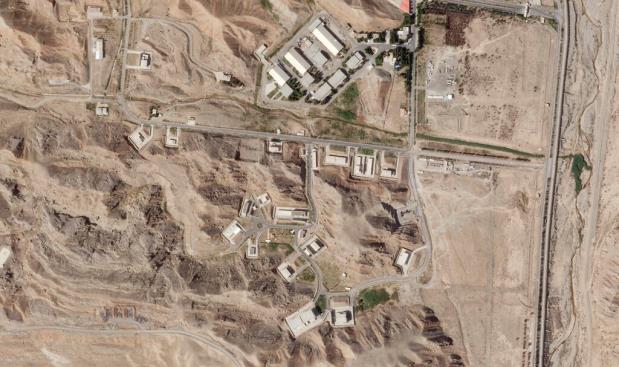On a pleasant day in Dearborn, Michigan, a diverse crowd gathered outside the Great Commoner cafe eagerly awaiting a glimpse of Donald Trump. Inside the cafe, Trump engaged with Arab-American business leaders, emphasizing the importance of peace, just days before the heated presidential election.
The scene outside the restaurant reflected the deep divisions within the Michigan community regarding the choice of the best American president to address the escalating conflict in the Middle East.
Trump’s visit to Dearborn, historically a Democratic stronghold, aimed to sway the 200,000-plus Arab-American population in pivotal Michigan, potentially impacting the tight race between Trump and Kamala Harris.
The Trump campaign’s narrative of promoting peace in the Middle East while portraying Harris as pro-Israel has resonated with some voters, garnering endorsements from local mayors.
However, concerns persist within groups like the Uncommitted movement, who, despite not endorsing Harris, lean towards supporting her due to reservations about Trump’s policies.
Diverging views and voting patterns
While the Harris campaign emphasizes support for the diverse Muslim community, some community leaders express frustrations with the current administration’s handling of the Middle East conflict.
The decision to vote for third-party candidates or abstain from voting altogether emerges as a form of protest against perceived shortcomings in both major candidates.
Harris’s campaign focus on securing moderate voters and increasing turnout in traditional Democratic strongholds like Detroit may impact support from Muslim and Arab-American communities.
The delicate balance of addressing concerns within different ethnic and religious groups while appealing to a broader voter base poses a challenge for the campaign.
Seeking a balanced narrative
Amidst the complexities of political allegiances and policy stances, there is a call within the Arab-American and Muslim communities for a more nuanced approach to the Middle East conflict.
Emphasizing empathy for all affected parties and acknowledging the human toll of the conflict is seen as crucial in crafting a more inclusive and informed discourse.
As the election approaches, the dynamics of political engagement and voter decision-making in Michigan underscore the complexities of identity, policy priorities, and strategic considerations.
The quest for a candidate who resonates with diverse communities while addressing pressing global issues remains at the forefront of the electoral landscape in Dearborn and beyond.
Check also;
- Donald Trump Says That He’s More Inclusive Than Kamala Harris
- Kamala Harris To Break Away From Biden’s Presidency If Elected
Please use the button below to contribute to Newslex Point, Inc. using a credit card or via PayPal.

 Newslex Point News in Uganda, Uganda news
Newslex Point News in Uganda, Uganda news











